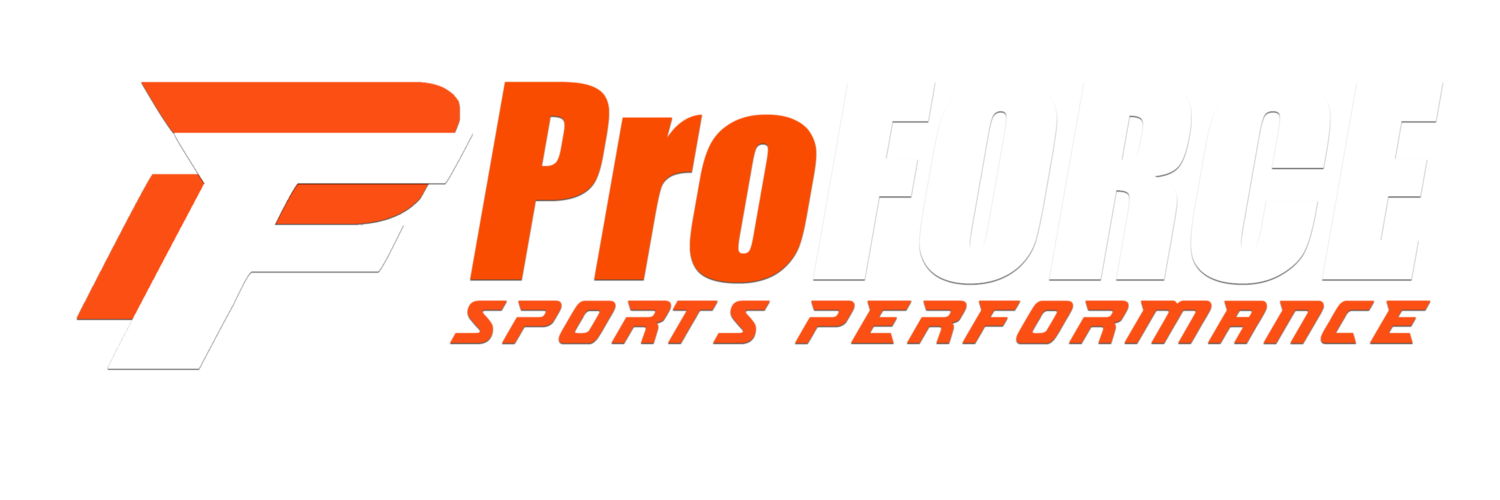Introduction
In today's competitive sports environment, young athletes face increasing pressure to perform at their best. However, the key to unlocking their full potential isn't just about hard work; it's about smart work. Personalized athletic training is crucial for young athletes to ensure they develop their skills safely and effectively. This tailored approach not only enhances performance but also minimizes the risk of injury, fosters long-term athletic development, and addresses the unique needs of each athlete.
Understanding Personalized Athletic Training
Personalized athletic training involves creating a customized training program that considers an athlete's individual strengths, weaknesses, goals, and needs. Unlike generic training regimens, personalized programs are designed by taking into account various factors such as age, physical development, skill level, and even psychological aspects.
Benefits of Personalized Training
Injury Prevention
Personalized training helps identify and address imbalances or weaknesses that might predispose an athlete to injury. At ProForce Sports Performance, the most common injuries seen in young athletes are chronic overuse injuries. These occur when athletes are not strong enough or lack the necessary mobility to protect themselves from the stresses of their sport. For instance, a young pitcher in baseball might benefit from a program focusing on shoulder strength and flexibility to prevent overuse injuries.
Reference: A study published in the Journal of Sports Sciences highlights that targeted strength training can significantly reduce the risk of sports-related injuries in youth athletes (Smith et al., 2018).
Optimized Performance
Tailored training programs are designed to enhance the specific skills and attributes needed for an athlete's sport. For example, ProForce Sports Performance specializes in working with overhead athletes, such as baseball pitchers and tennis players, starting training as early as 10 years old. These athletes might work on exercises that improve their shoulder stability and throwing mechanics to boost performance and prevent injury.
Reference: Research in the Strength and Conditioning Journal suggests that sport-specific training improves performance metrics more effectively than general training (Johnson et al., 2019).
Long-term Athletic Development
Personalized training promotes a long-term approach to athletic development. By focusing on gradual progress and consistent improvement, young athletes can develop a solid foundation that supports peak performance over their entire athletic career. At ProForce Sports Performance, many athletes have trained from middle school through high school and continued to train with us as professional athletes, showcasing the effectiveness of a long-term, personalized approach.
Reference: The concept of Long-Term Athlete Development (LTAD) emphasizes personalized, age-appropriate training to maximize athletic potential and career longevity (Balyi & Hamilton, 2004).
Mental and Emotional Support
A customized training plan also considers the psychological needs of young athletes. At ProForce Sports Performance, a detailed evaluation is conducted before working with any athlete to assess their psychological and emotional needs. Training sessions are designed to boost confidence, reduce performance anxiety, and maintain motivation, which are all crucial for young athletes facing high expectations.
Reference: Psychological interventions in sports, such as goal setting and mental imagery, have been shown to enhance both performance and mental well-being (Weinberg & Gould, 2014).
Implementing Personalized Training
To effectively implement personalized athletic training, it's essential to work with qualified coaches and trainers who understand the intricacies of youth sports. Here are some key steps, exemplified by ProForce Sports Performance:
Assessment: Conduct thorough assessments to understand the athlete’s current physical condition, including strengths, weaknesses, and any previous injuries.
Goal Setting: Set realistic, achievable goals tailored to the athlete’s aspirations and current capabilities.
Program Design: Develop a training plan that includes sport-specific drills, strength and conditioning exercises, and recovery protocols.
Monitoring and Adjusting: Continuously monitor progress and adjust the training program as needed to ensure optimal development and address any emerging issues.
Unique Training Techniques and Technologies
What sets ProForce Sports Performance apart is the combination of our coaches' knowledge and the use of industry-leading technologies. This includes advanced assessment tools to evaluate movement patterns, strength, and mobility. By integrating these technologies, we can create highly customized training programs that address the unique needs of each athlete.
Conclusion
Personalized athletic training is not just a luxury; it's a necessity for young athletes aiming to reach their full potential. By focusing on the unique needs of each athlete, personalized training ensures safer, more effective, and more enjoyable athletic development. As the sports world continues to evolve, embracing a tailored approach will help young athletes thrive both on and off the field.
Kevin Hollabaugh, MHA, CSCS, USAW, FMSC, CSAC
Ready to get started? Learn more about our training programs and get scheduled for an Evaluation at our Milford training facility!

